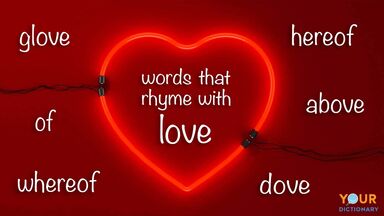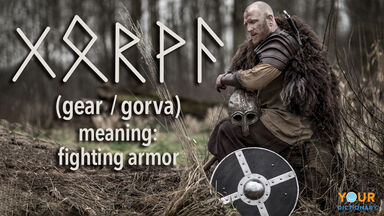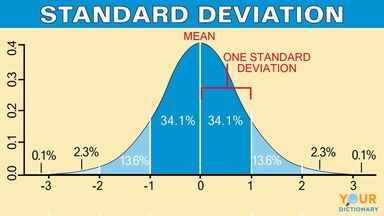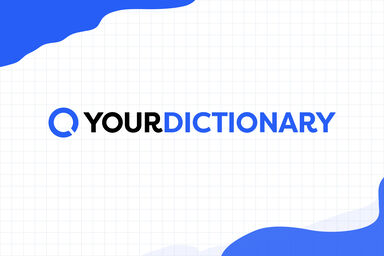Find Definition
- to learn what one's real talents and inclinations are, and begin to apply them
- to become aware of being
to find oneself in trouble
- to discover; learn
- to learn the true character or identity of (someone or something)
Idioms, Phrasal Verbs Related to Find
Origin of Find
-
From Middle English finden, from Old English findan, from Proto-Germanic *finþaną (compare West Frisian fine, Low German finden, Dutch vinden, German finden, Danish finde, Swedish finna), a secondary verb from Proto-Indo-European *pent- (“to go, pass; path bridge”), *pontHo- (compare Old Irish étain (“I find”), áitt (“place”), Latin pōns (“bridge”), Ancient Greek [script?] (póntos, “sea”), Old Armenian հուն (hun, “ford”), Avestan [script?] (pantā) (gen. paþō), Sanskrit [script?] (pánthās, “path”).
From Wiktionary
-
Middle English finden from Old English findan pent- in Indo-European roots
From American Heritage Dictionary of the English Language, 5th Edition
Find Similar Words
Find similar words to find using the buttons below.





